Published on: April 15, 2024
AI for Non-Tech Leaders: Why It’s Easier Than You Think
Author: Lauren Smith

Navigating the terrain of artificial intelligence might seem a daunting task fit for tech wizards only, but in reality, it’s achievable for even non-tech leaders. With AI providing unprecedented opportunities to reshape business operations and propel growth, understanding its nuts and bolts is now essential.
Accessing these AI benefits doesn’t require a degree in Quantum Physics or coding experience.
Unmasking the simplicity behind the complexity of AI, this article enlightens non-tech professionals on how to leverage AI without the technical jargon. The era of ‘AI is for the Silicon Valley elites’ is long over – it’s a tool now as common as your morning coffee.
So, are you ready to join the revolution and debunk the myth about AI being a complicated terrain for non-tech leaders and take on a few AI projects for yourself?
Understanding AI: A non-tech leader’s guide
- AI is nothing but a set of rules used to make sense out of randomness.
- Non-tech leaders must understand AI because of the impact it can have on business.
AI simplified: Breaking down the complexities
Artificial intelligence, for all the fear and misconceptions associated with it, is fundamentally just about patterns. At its core, it’s about finding order in seemingly random sets of data, through predefined rules and algorithms. This is by no means an attempt to oversimplify what is a highly complex field, but rather to make the topic accessible for non-tech leaders.
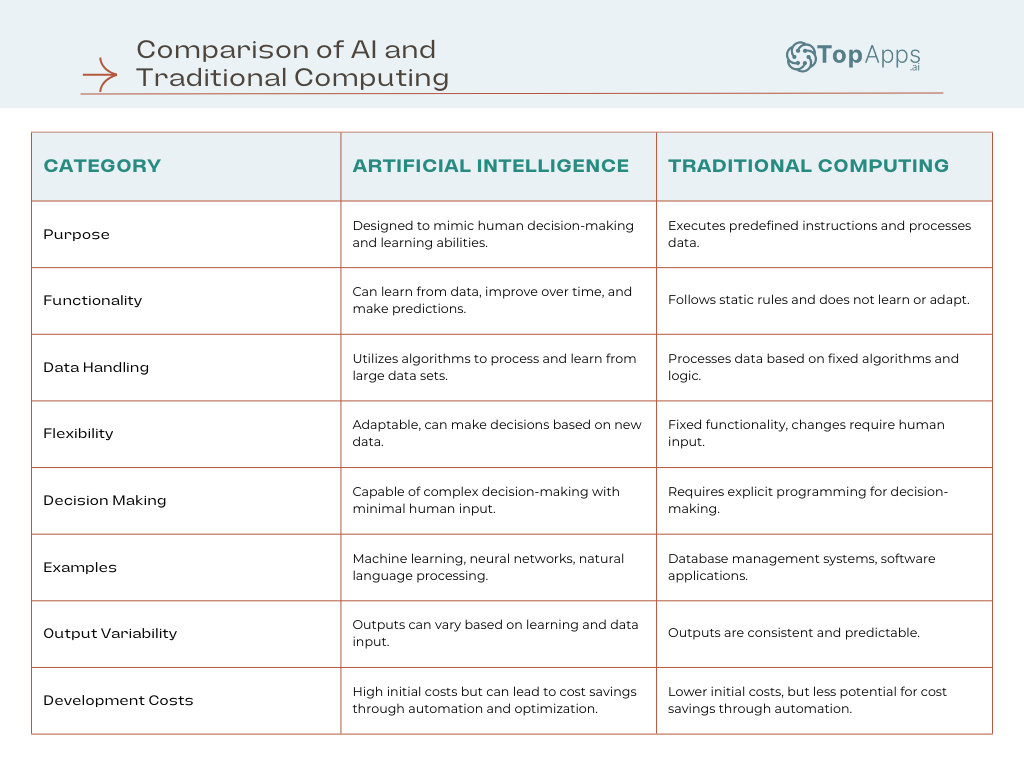
AI leverages vast volumes of data to derive informed predictions about future outcomes. If you’ve caught yourself wondering how online platforms seem to know your preferences, that’s AI at work—they learn from what you do on a repeated basis and improve their services accordingly. No magic, just meticulous observation, and data analysis.
With the increasing amount of data businesses have at their disposal, becoming familiar with this data-driven decision-making process can potentially yield unprecedented competitive advantages.
Why non-technical business leaders need to understand AI
In this day and age, it’s no longer viable to relegate all things tech-related to the IT department. Business landscapes are changing fast, and it’s crucial for non-tech leaders to comprehend AI.
AI is revolutionizing various aspects of business, from automating mundane tasks to providing incredible insights via data analysis. Understanding AI doesn’t mean you need to be able to code an AI model, but it does mean being able to interpret the implications of the advancements in this field and how they will shape your industry.
AI technologies are improving efficiencies, increasing productivity, and even opening up avenues for creative solutions. By understanding the capabilities of AI, non-technical business leaders can make informed decisions regarding its adoption and implementation within their respective organizations.
Understanding AI can provide pretty much anyone in business with a strategic edge. By knowing how AI works and its potential benefits and limitations, leaders can question the hype, differentiate between transformative tech and fleeting fashions, and make critical decisions about investing in AI.
AI is reshaping business, and understanding it allows you to lead your organization adaptively, ensuring its relevance and resilience in the digital age.
The global AI market is expanding rapidly. In 2024, it’s valued at over $196 billion and is expected to keep growing, driven by advancements in technology and increasing investments. As of recent data, 42% of enterprises with over 1,000 employees have actively integrated AI into their business processes, and this adoption is particularly high in countries like India and China.
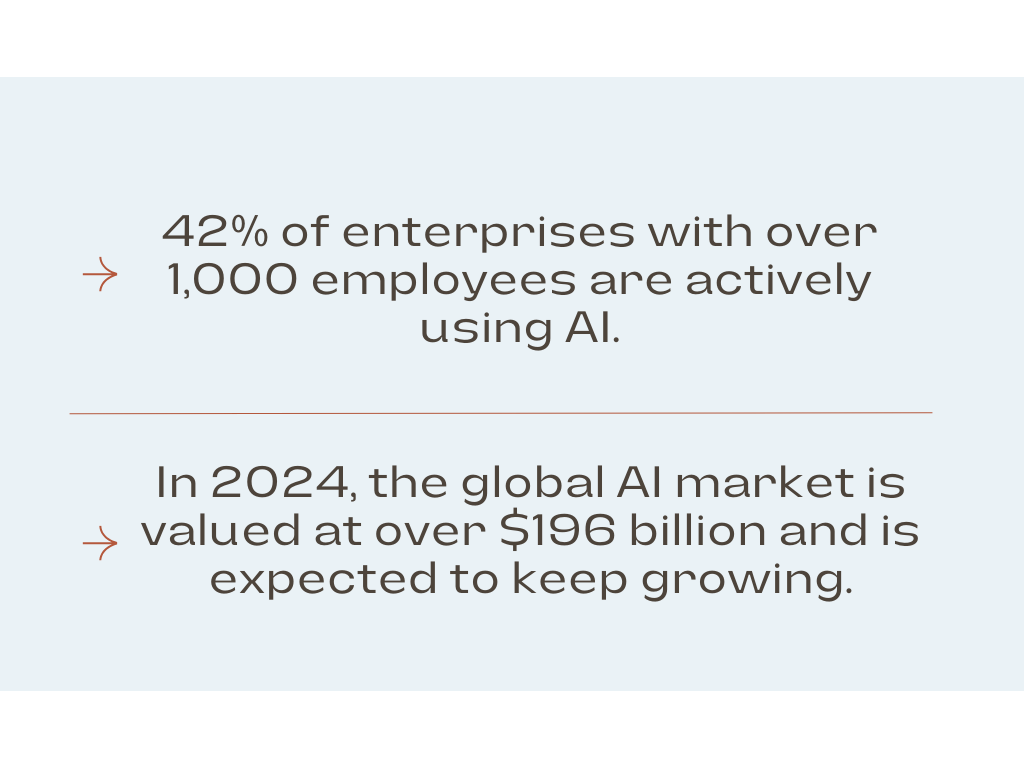
AI upskilling: How non-tech business leaders can learn AI
- Discover top AI certifications specifically designed for non-tech leaders.
- Get involved in hands-on AI courses, even if you’re a beginner.
- Learn how AI upskilling transforms non-tech leaders into AI-proficient decision-makers.
Top AI certifications for non-tech leaders
Harnessing the potential of AI is becoming increasingly fundamental for organizations. And the gap between tech leaders and non-tech leaders is gradually merging. Now, you don’t have to be a data scientist to make critical decisions around AI or even discuss AI concepts. There’s a surge of AI certifications specifically designed for non-tech leaders!
Leading universities and organizations offer these certifications aiming to provide a comprehensive understanding of AI. You’ll learn the AI fundamentals, methodologies, applications, AI ethics, and impacts of AI, all from a business-centric perspective. They’re structured to suit working professionals allowing flexible study schedules.
Importantly, these certifications go beyond teaching AI basics. They elevate understanding to a level where you can strategically apply AI in decision-making processes. You’ll have the knowledge to evaluate AI risks, identify AI opportunities, and incorporate AI into your organization’s strategies. The ultimate benefit? You’ll drive innovation and competitive advantage, all grounded in AI expertise.
AI courses for beginners
Are you the hands-on type? Numerous online courses offer practical learning experiences for AI beginners. These courses eliminate the jargon, break down AI concepts into digestible units, and provide practical exercises.
From AI basics and large language models to machine learning, from chatbots to natural language processing – there’s a course for that. What’s interesting is these courses focus on real-world applications of AI. You don’t just learn the tools and techniques, but how they translate into solving real business problems.
Here are a few recommendations for AI courses that delve into AI fundamentals using practical examples and applications:
- AI For Everyone by Andrew Ng on CourseraThis course offers a broad overview of AI concepts tailored for non-technical audiences. It covers how AI can impact business and society without delving deep into technical details.
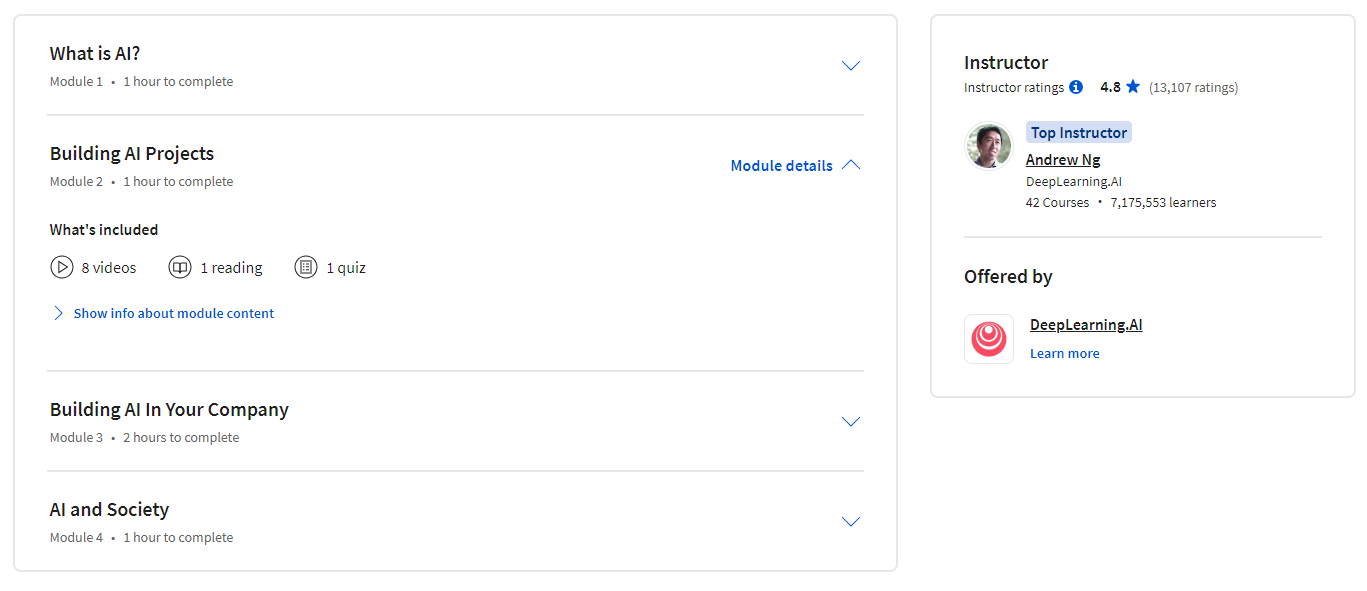
- Generative AI for Business Leaders by edXThis course is ideal for executives and managers who want to understand how AI can be leveraged in their companies. It covers fundamental AI concepts and how they can be applied in business settings.

- AI 101 fundamentals for managers & leaders by UdemyAimed at leaders without a technical background, this course provides an overview of AI technologies and their strategic applications to various business concepts. It discusses the potential impacts of AI and how to lead AI initiatives within an organization.
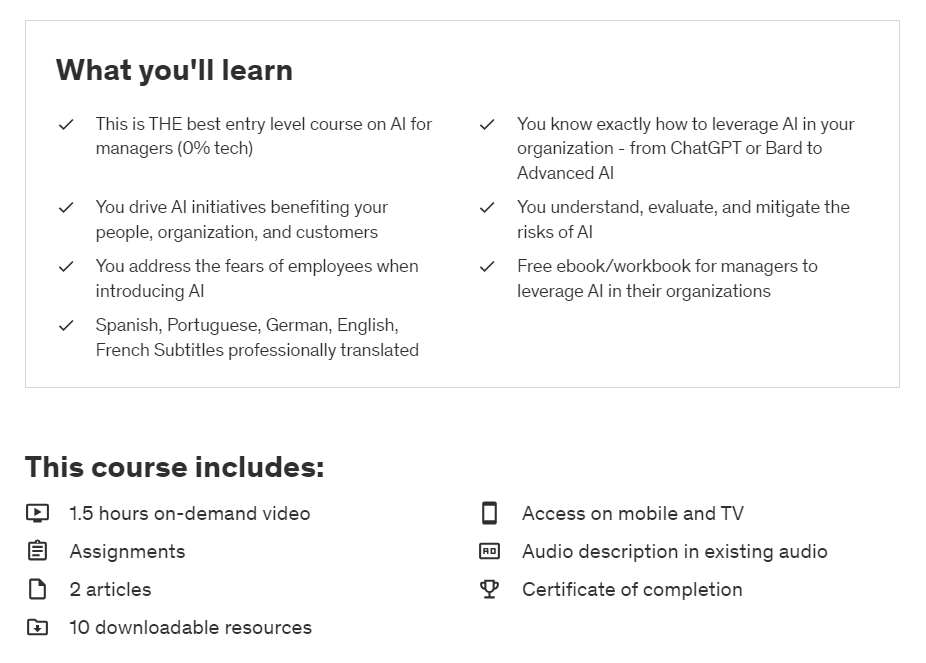
These courses are selected to help non-tech leaders grasp the potential of AI techniques in enhancing business processes and decision-making without needing to dive into the technical complexities of AI development.
There’s a tangible value in practical learning. You get a firsthand experience of how AI solutions can be implemented, don’t just memorize the concepts. Simulating real-life business scenarios trains your brain to think AI-first, and to strategist with AI context. Plus, those hands-on exercises? They’re a great conversation opener in those boardroom meetings.
In essence, whether it’s through AI certifications or hands-on courses, non-tech leaders can embark on their AI journey translating theoretical concepts into actionable insights. Ultimately, merging AI understanding and strategy is what drives organizational success in today’s AI-driven world. Embrace the AI upskilling, it’s easier than you think and is bound to increase your appeal in the open job market, too!
Implementing AI in your organization: A non-tech leader’s role
- The potential for AI lies in its adoption and integration into your business processes.
- Your role as a non-tech leader is crucial in leveraging AI in your team.
- Understand your AI priorities and use them as a guide to implement change.
Empowering employees with AI
Implementing AI doesn’t have to be a daunting affair. Look at it as a shared journey of adventure among your employees. As a non-tech leader, you have an integral role in motivating and guiding your team towards making the most of AI capabilities. AI adoption begins with an understanding of its potential and how it can improve tasks. Remember, the goal isn’t to replace employees but to empower them. This empowerment can lead to improved productivity and decision-making processes across your organization.
As a leader, promote a learning culture within your organization. This culture should encourage curiosity and experimentation. AI users shouldn’t be afraid to make mistakes. Ensure the team is comfortable with new AI tools, understands their functionalities, and can use them optimally by facilitating relevant training sessions. By doing this, you’re not only enhancing the skill set of your team but also preparing them for AI-driven future workplaces.
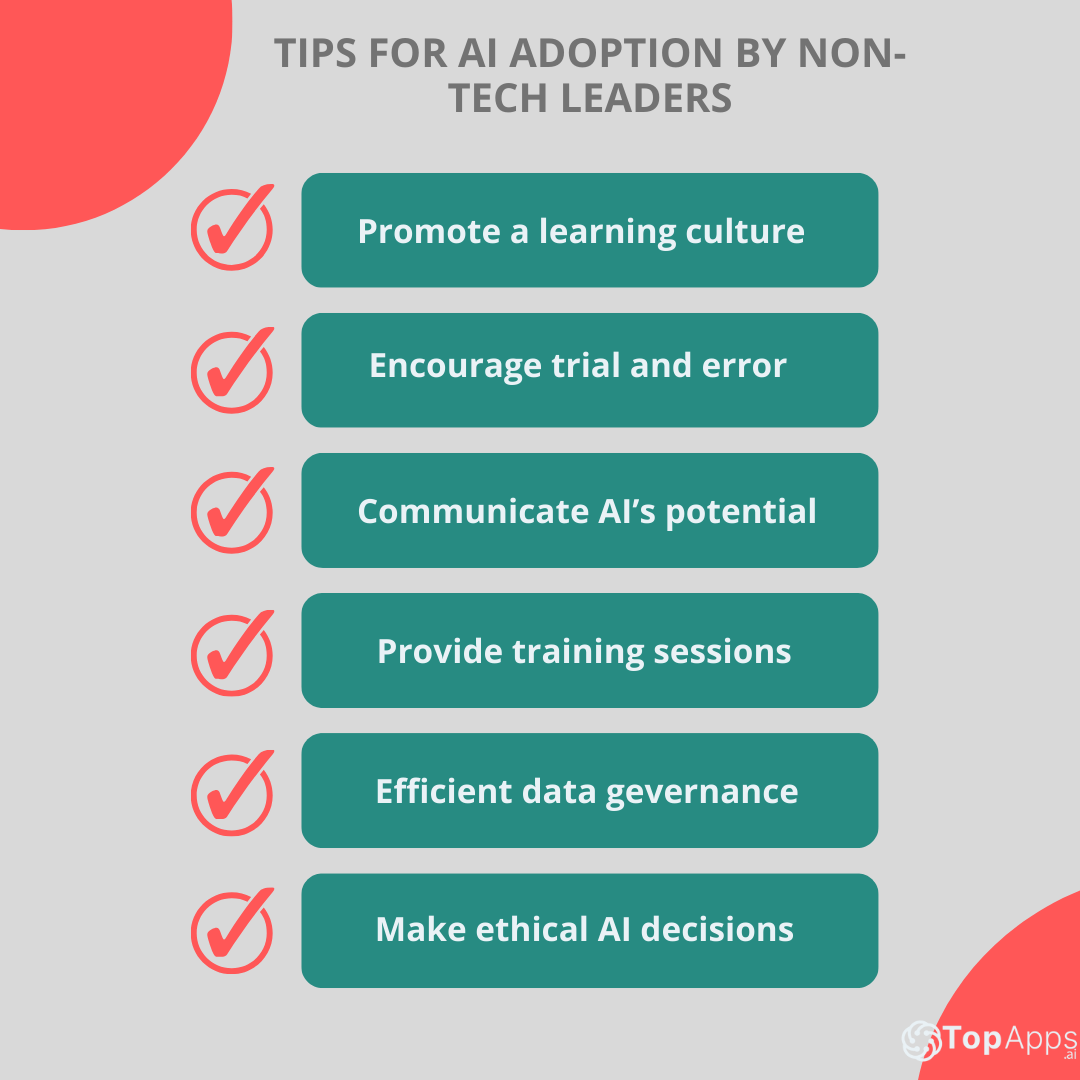
AI priorities for non-tech leaders
- Data governance: One significant aspect of ensuring successful AI implementation is setting up efficient data governance. It involves the management and maintenance of data quality, privacy, and security. Collaborate with tech experts within your organization to establish a strong data infrastructure that feeds your AI systems with clean, correct, and useful data.
- Making ethical AI decisions: Being a non-tech leader does not exempt you from the ethical decisions surrounding AI. On the contrary, your position allows you to influence AI decisions aligned with your core company values. Ethical considerations might include avoiding biases in AI algorithms and respecting data privacy. With your leadership, you can ensure AI works in favor, not against humanity.
Here are just some of the issues in AI ethics to consider:
- Bias and discrimination: AI systems can perpetuate and even amplify existing biases if they are trained on biased data sets. This can lead to discriminatory outcomes in areas such as hiring, law enforcement, loan approvals, and facial recognition technologies.
- Privacy: AI technologies often rely on large datasets that can include sensitive personal information. There is a risk that AI can infringe on individual privacy by collecting, sharing, and analyzing personal data without consent.
- Transparency: AI systems can be “black boxes,” meaning it is often unclear how they arrive at certain decisions. This lack of transparency can be problematic in critical applications like medical diagnosis or criminal justice, where stakeholders need to understand decision-making processes.
- Accountability: When AI systems make mistakes, it can be difficult to assign responsibility, especially if the systems are autonomous. This complicates legal and ethical scenarios, such as those involving autonomous vehicles and medical diagnosis errors.
- Job displacement: AI and automation can lead to significant shifts in the workforce, potentially displacing workers in certain industries faster than new job opportunities are created. This raises concerns about economic inequality and the social safety net.
- Security risks: AI systems can be vulnerable to various types of attacks that could have serious implications. For example, adversarial attacks can manipulate AI models to produce incorrect outputs, which can be particularly dangerous in fields like cybersecurity and autonomous driving.
Remember, even though you might not have a technical background, as a leader, your input is essential in shaping your organization’s AI journey. Your role involves working together with tech experts, setting AI priorities in line with your business strategy, and generating awareness and ownership among your employees. It’s not about knowing all about AI but understanding enough to lead your team towards an empowered, AI-enhanced future.
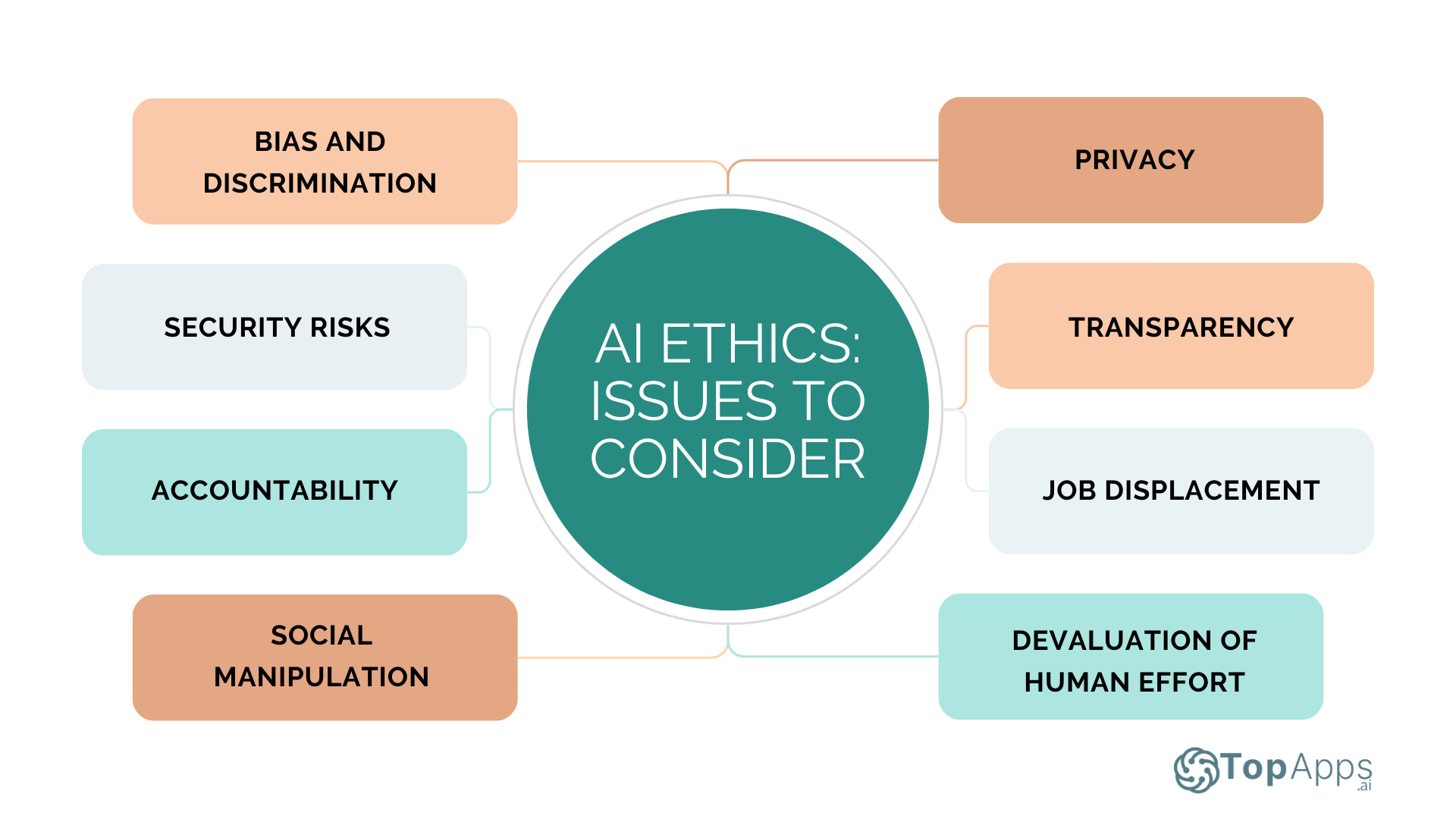
Overcoming AI challenges: A non-tech leader’s perspective
- Unveiling common dilemmas confronting non-tech leaders in AI implementations.
- Relevant case study on prosperous AI incorporation by a non-tech executive.
- Mastering the AI terrain by overcoming challenges.
Common AI challenges for non-tech leaders
Time and again, non-tech leaders confront common obstacles while attempting to integrate AI into their domains.
The uncharted territory of AI, the abundance of technical jargon, and the fear of change are just a few of the many hurdles standing in their way. All too often, leaders grapple with fitting the pieces of the AI puzzle together without a clear understanding of what the final picture looks like.
Aligning AI with business objectives presents its own set of challenges. The goal is to effectively leverage AI for business tasks without losing sight of the company’s overarching goals. But weaving AI applications into the company blueprint often feels like threading a needle in a haystack.
Overcoming these hurdles calls for a blend of simplifying the complexities, fostering a culture of embracing change and learning, and aligning AI efforts with business goals.
Case Study: Successful AI Implementation by a Non-Tech Leader
A notable example of successful AI implementation by a non-tech leader is the case of Starbucks. Starbucks, under the leadership of its former CEO, Kevin Johnson, who brought a strong background in retail rather than deep tech expertise, made significant strides in integrating AI into their business model. The company launched “Deep Brew,” an AI initiative that aims to personalize customer interactions, optimize store labor, and manage inventory effectively.
The “Deep Brew” AI platform assists Starbucks in various operational aspects, such as predicting the right quantity of ingredients to order based on weather forecasts and local events, which helps reduce waste while ensuring that outlets do not run out of stock. This system also aids in scheduling staff more efficiently by analyzing store traffic patterns. Moreover, Starbucks’ AI-driven efforts extend to its mobile app, where personalized marketing increases customer engagement by suggesting products based on past orders and preferences.
These AI implementations show how non-tech leaders can drive significant business value by leveraging AI technologies to enhance customer experience and optimize operations, positioning the company to better meet demand and improve efficiency.

AI for non-tech business leaders: The future
- AI is poised to play a significant role in business operations and strategies.
- Early preparedness and strategic thinking will help in the seamless adoption of AI.
- Leveraging AI can lead to business growth, enhanced customer experiences, and economic efficiency.
The role of AI in the future of business
Just as digitalization transformed businesses at the end of the last century, AI offers the promise of similar transformative changes today. Look at AI as a tool rather than a threat – a tool that aids in problem-solving, enhances decision-making, and improves business operations.
Some may view AI as an overly complex, high-tech solution, suitable only for tech giants and specialists. This is far from the truth. With the rise of AI-powered solutions, new opportunities are emerging for businesses of all sizes. These solutions can help organizations streamline their processes, enable predictive analytics, improve user experience, and much more.
AI’s transformative powers aren’t limited to day-to-day operations. They extend to strategic business decisions as well. AI technology, when leveraged correctly, can turn data into valuable insights, driving business strategy and informing long-term decision-making. Hence, future leaders need to have an understanding and willingness to integrate AI into their strategies.
One of the places where AI can provide the most benefit is in breaking down business silos. Silos in businesses, where information is hoarded within different departments, can halt progress and stunt growth. AI, with its ability to extract, refine, and analyze data from multiple sources, enables collaboration and communication among different teams, improving overall business efficiency.
Preparing for an AI-driven future
For non-tech leaders, the thought of integrating AI into their operations might be intimidating. But it’s important to understand that you don’t have to be a technical expert to leverage its capabilities.
1. Embrace learning
The first step is accepting the inevitability of AI’s role in business and showing a willingness to learn and adapt. Even a basic understanding of AI complexities can make a difference in how you approach decisions related to technology adoption in your business.
2. Building the right team
Developing an AI-integrating business means using a mix of in-house talent, external partnerships, and online resources. You might need a dedicated team to guide and implement AI technology and train other staff members ensuring your business has the necessary skills to keep up with AI advancements.
Understanding AI’s potential and embracing change will help ensure your business remains competitive. Ignoring AI could result in missed opportunities, and may even threaten the survival of your business. The future is not as distant as it seems, and the time to prepare is now.
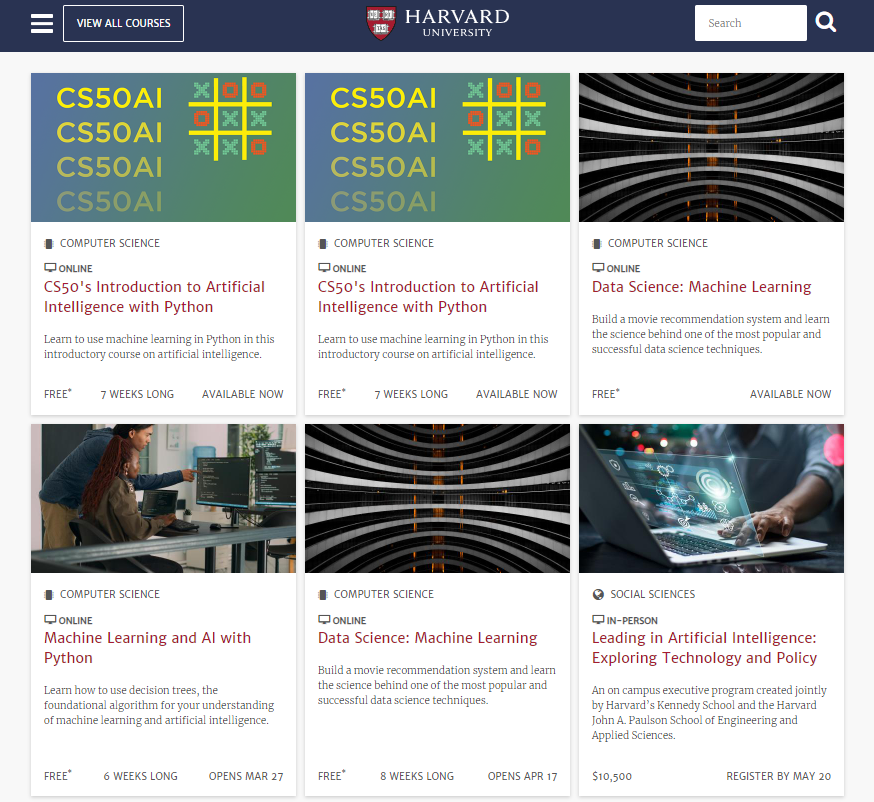
Stepping into the AI arena: It’s your move
Recognizing AI’s accessibility for all, the wealth of resources to learn from, and the transformative effect it can have on your business stirs excitement. Investing time into understanding how AI works can magnify your organization’s efficiency, accuracy, and predictiveness, regardless of tech prowess.
Ready to strategize an AI-forward business plan? Consider which facets of your business could benefit most from predictive modeling, machine learning, deep learning, automated assistance, or big data interpretation. Then, collaborate with your team or an AI consultancy to identify what learning materials or tools you’ll need.
What part of your business are you most excited to overhaul with AI? Have you identified a particular weakness AI could help strengthen? Reflect on these as you gear up to embrace new AI projects.
Next time, as a non-tech leader, you wonder about AI, remember – the home run wasn’t scored by watching the ball. It’s time to step up to the plate and adopt AI.
Lauren Smith
TopApps writer
Recent Articles

Artificial Intelligence (AI) is everywhere, but for many, it remains a mystery. What exactly is AI, and how does it impact our daily...
Read More
In 2024, adaptive AI assistants are revolutionizing how we interact with technology. These intelligent agents learn from your habits, preferences, and context to...
Read More
Struggling to keep up with the competition in 2024? You’re not alone. Small and medium enterprises (SMEs) are facing a rapidly evolving business...
Read More